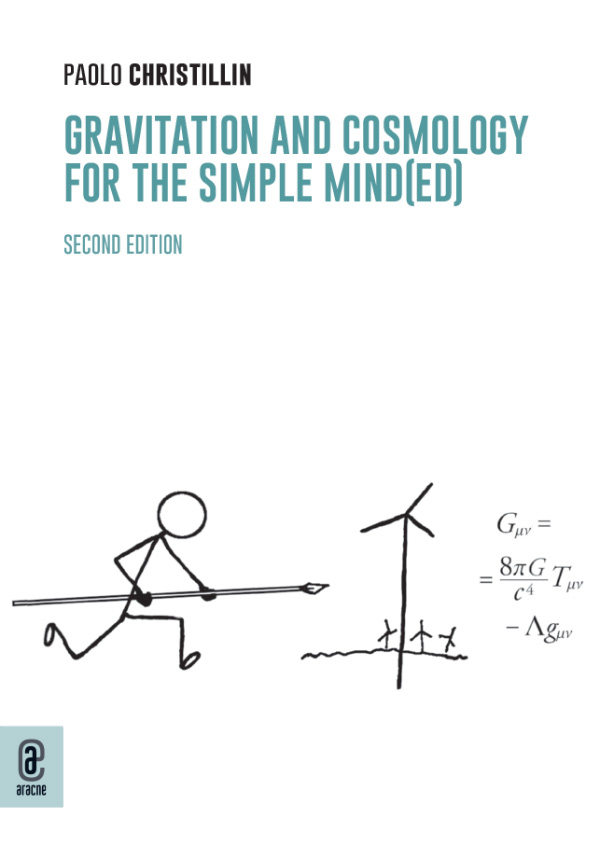The book deals with the theoretical problems connected with the treatment of gravitation. Its main aim is a critical discussion of the General Relativity achievements and of its debt to Special Relativity. Thus “the three fundamental tests” are shown to be obtained directly in the Painlevé-Gullstrand metric which embodies the weak equivalence principle and the local invariance of the velocity of light. This metric, in flat Euclidean space, is particularly suited in questioning the reality of black holes. Also the energy loss of the binary PSR B1913 16 system, which is advertised as a fundamental support of General Relativity and an indirect proof of the existence of gravitational waves, can be simply obtained in an effective vector formulation of gravitation also based on Special Relativity. Finally the cosmological extension of the low energy formulation of General Relativity is contradicted by the consideration of the time dependent age of the Universe. This entails matter non conservation, determined by the mass variation of the potential which is not a state function, unlike in the Newtonian context. The black hole equation results where, accordingly, self energy intervenes with a fundamental “repulsive” function, accounting for inertial forces (Mach’s principle playing the role of an extended action-reaction law), disposing of missing mass and of the cosmological constant; in addition it alters the chronology of the expansion contradicting a presumed acceleration.


